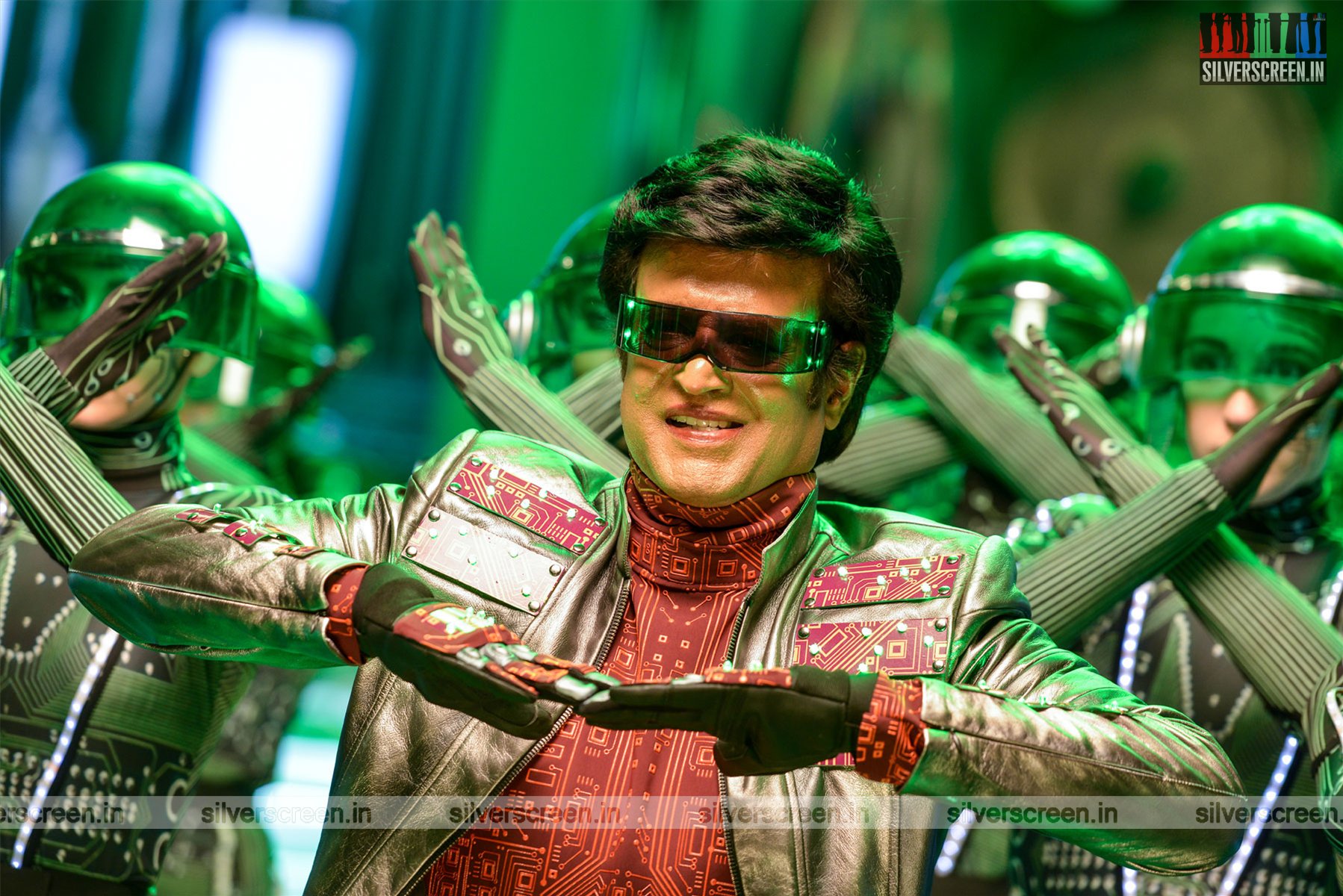Director Lijo Jose Pallissery’s Angamaly Diaries opens with palate-titillating images of the region’s signature cuisine, for the makers seem to know that the way to someone’s heart is through their stomach. Amidst shots of the town’s bustling streets and the busiest eateries, the film’s protagonist, Vincent Pepe, introduces himself in a jovial monologue. The sequence is instantly likable. There is no attempt to prep the audience for the violent scenes that are to follow, and rightfully so.
In Angamaly Diaries, it’s not a young man’s life that’s chronicled. The focus is on the vibrant nondescript small town where generations of people live, celebrating happiness and surviving chaos. Although the film is traversing a period of time in Pepe’s life, there is also a sense of timelessness. And not everyday, do you come across a film that rebels against all the conventions of contemporary commercial cinema, and emerges victorious. Everything about Angamaly Diaries, right from its music to character construction, oozes freshness. A hoard of newcomers perform with incredible panache, as if they have no camera watching them.
Pepe (Antony Varghese), an average happy-go-lucky youngster from Angamaly, grows up in the company of the friendly, yet ‘not so nice men’ of the town. Things take a turn when Babuji, the football player whom Pepe regards as his idol for his swag and guts, is killed by two teenagers, Ravi and Rajan. Years later, the killer duo returns to Angamaly, and a series of clashes begin between them and Pepe’s gang of friends. What takes centre-stage in this tumultuous relationship is Pepe’s business of pork, the red meat that the town’s people can’t exclude from their daily life.
Although the bloody scuffles form an important part of the story, the film doesn’t let violence define the characters or the place. Violence, according to the film, is a creation of circumstances. Occasionally, the arch rivals decide to call a truce and share a drink. The story juxtaposes scenes of gang rivalry with Pepe’s personal life, where he hooks up with three different women, one after another. These sequences are most impressive, thanks to the characterisation of the women who do not stick to any of the traditional concepts of Malayalam cinema. How often does our cinema portray physical intimacy without making a fuss about it? There is a heartwarming coolness in the air when Seema and Pepe, who are in their late teens, meet secretly on the terrace of her house on several nights, or when she slyly walks into his hospital room everyday to gift him that kiss. When Lilly aka Lichy, who is elder to Pepe, falls for him and opens up to him, no hell breaks loose. She is the proud breadwinner of her family. There is a wedding scene where women down several shots of hard liquor and dance with men. The film’s lack of moral prejudice is exceptional.
Prashant Pillai’s rhythmic rustic tunes lend an identity to the town, which has never been featured in cinema before. His music is quirky – especially the simple, yet effective track he uses in the portion in which the romance of Seema and Pepe is featured. The number, Theeyame, blends perfectly with the ambiance of Angamaly, like how Kaayalinarike had in Rajeev Ravi’s Annayum Rasoolum. However, the use of a Hindi number, Do Naina, to mark an important moment in the film, is slightly puzzling. Pillai’s Mumbai background might have something to do with this choice of language. Just like how Gopi Sunder’s fixation with Sufi music makes him incorporate it even in films which have no such background.
The film’s final 15 minutes are composed as a single shot – perfectly executed by Lijo and his cameraman, Gireesh Gangadharan. That the team pulled off this single shot is no mean feat. The sequence involves a large crowd, and the events unfold in a crammed space. If the use of a single-take in the toddy bar song sequence in Amen had looked forced, here, it is a perfect natural choice.
Recommended
From Amrutha, who plays Seema, to Sarath, who plays Ravi, every actor in the film has delivered a flawless realistic performance. That these artistes have never appeared before a movie camera before, seems to have worked in favour of the film. They look so comfortable in the skin of their character. There is a scene where Jolly Chirayath, the writer-activist who plays Pepe’s mother on screen, snaps at him when he asks her something about the day’s pork curry. That moment is so naturally hilarious. Or the scenes in which Ravi jumps out of the pick-up vehicle, walks hastily towards the pork farm, picks up his sledge-hammer and delivers a blow on the pigs one by one? It’s hard to imagine that this actor has an entirely different persona off-screen.
Angamaly Diaries is to 2017 what Maheshinte Prathikaram was to 2016. In an industry which revolves around sub-standard blockbusters like Puli Murugan and Jomonte Suvisheshangal, Lijo’s film comes as a breath of fresh air that will be remembered for a long time to come for its unadulterated originality.
*****
The Angamaly Diaries review is a Silverscreen original article. It was not paid for or commissioned by anyone associated with the movie. Silverscreen.in and its writers do not have any commercial relationship with movies that are reviewed on the site.



